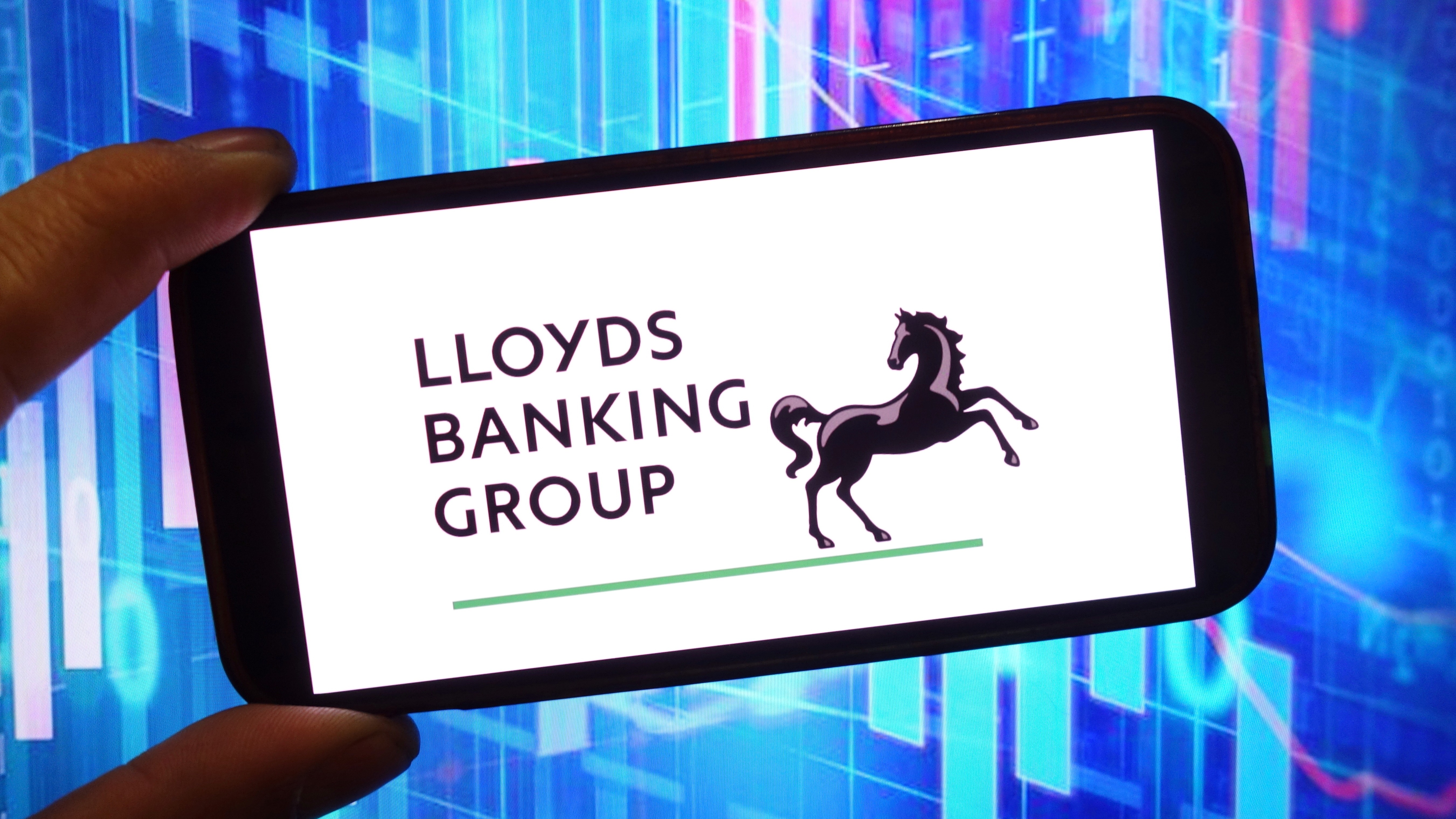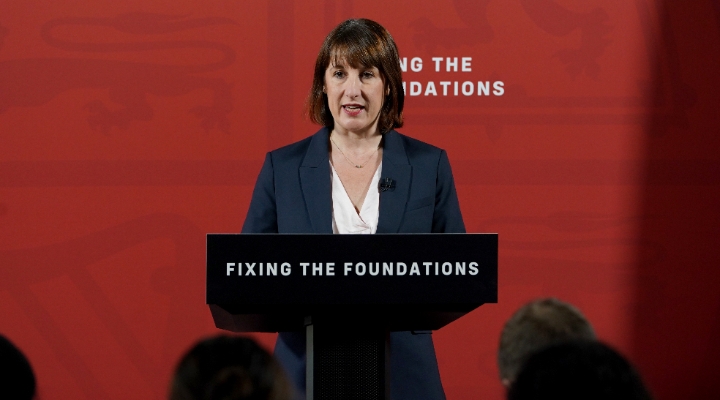
Whatever you think about cryptocurrencies, it’s clear they are a financial innovation.
Despite some (over)enthusiastic adoption by retail investors, they are still not exactly mainstream assets in UK. But there are signs the financial establishment is softening its stance. This has been roundly encouraged by the Treasury, which sees new opportunities to attract innovative companies (and provide work for Britain's army of regulators). It's not a U-turn per se, but it is a detente in an otherwise frosty story of hostility and confusion.
In early April, the government set out plans to make the UK "a global cryptoasset technology hub". This marks a distinct shift. Talk of "stablecoins", "sandboxes" and even "cryptosprints" seem a world away from the strongly-worded warnings about Bitcoin scams everyone was getting in 2018 and 2019. The Treasury now seems keen to join the revolution, but it's fair to say that the messaging from policymakers is not consistent. Politicians may see the crypto revolution as a way of bigging up Britain, but the riskier end of the asset class still makes regulators nervous.
London Wants Business
Morningstar senior research analyst Madeline Hume has covered the global crypto outlook in great detail here, so it’s not my intention to retread this territory. Still, the fact that there are crypto adverts at the Super Bowl and Formula 1 is creating a deafening hum.
And while that’s influencing the global conversation, the UK is perhaps uniquely placed in its approach to cryptocurrencies. Post-financial crisis, we have a vast regulatory infrastructure involving multiple agencies. Some of that risk plumbing may not be up to speed in this new world of digital assets – a topic Morningstar UK editor Ollie Smith has looked at in detail.
Nevertheless, London has historically been a centre of financial innovation. After Brexit, ministers clearly want to attract inward investment. Britain needs to be "open for business", whatever shape that takes. Many of the fastest-growing tech companies will have some crypto or blockchain connection, and the Conservatives do not want to be seen to be deterring them, given they can choose anywhere else in Europe, like Stockholm, Dublin or Paris. It's not a united message though.
By way of example, Crypto exhange Binance was recently welcomed in France having been rebuffed by the UK as a "registered digital assets service provider". (The FCA said Binance didn't answer some of its questions when asked). Perhaps the UK's approach to crypto could be compared to confused parenting, then. The Treasury is the gung-ho one keen on white water rafting, while the FCA is the risk averse one thinking about the risks.
If there's one consistent theme across this topic, though, it's the supposed point that the main upside of embracing crypto is that it will upend UK finance.
The Bank of England addressed this head on in the introduction to its March report: "over the past decade there has been rapid innovation in how people make payments, and Covid-19 has accelarated these trends...The use of physical cash in payments continues to decline and demand for convenience, especially with regard to e-commerce, has fuelled public appetite for digital payments." (Author's italics)
Let's unpick this: the Bank is saying the public is demanding change, which is linked with the move to a cashless society. This also answers one of the crypto sceptics' main complaints: that coins have no practical value other than speculation. Rather than "holding on for dear life" (HODL) in the hope of future gains, consumers will use tokens to buy goods and services. At least that's the idea.
Innovate, Then Regulate
Never ones to miss a noisy bandwagon, UK politicians now sound like crypto converts.
"It’s my ambition to make the UK a global hub for cryptoasset technology, and the measures we’ve outlined today will help to ensure firms can invest, innovate and scale up in this country," Sunak said, announcing remarkably few measures (and presumably further spooking the FCA, which is presumably still on the hunt for a head of crypto).
"By regulating effectively, we can give them the confidence they need to think and invest long-term. This is part of our plan to ensure the UK financial services industry is always at the forefront of technology and innovation." "Innovation" is quite the watchword, and it's not just Sunak who's guilty of pouring it onto the word salad. The Bank of England and FCA's own reports all refer to the term lots too.
For all its participation in the hype, however, the FCA’s stance remains the same though.
“Cryptoassets are considered very high risk, speculative purchases," it says.
"If you buy cryptoassets, you should be prepared to lose all your money…The cryptoasset marketplace is a target for fraud and scams so you should be extremely cautious." Though it could soon change, crypto remains unregulated in the UK. Longer-term, Sunak will probably be long gone from the Treasury by the time any of his dreams come true.












:quality(80)/cloudfront-us-east-1.images.arcpublishing.com/morningstar/MNPB4CP64NCNLA3MTELE3ISLRY.jpg)
















